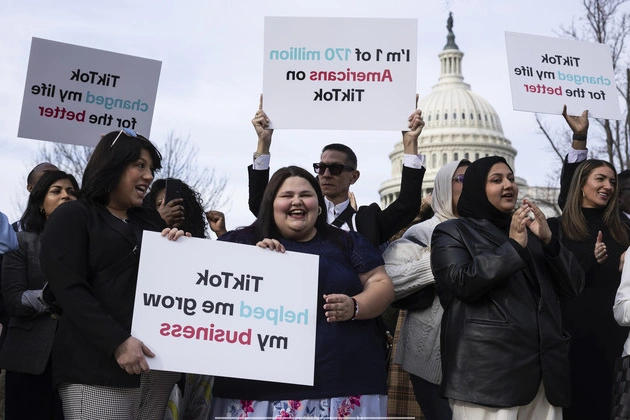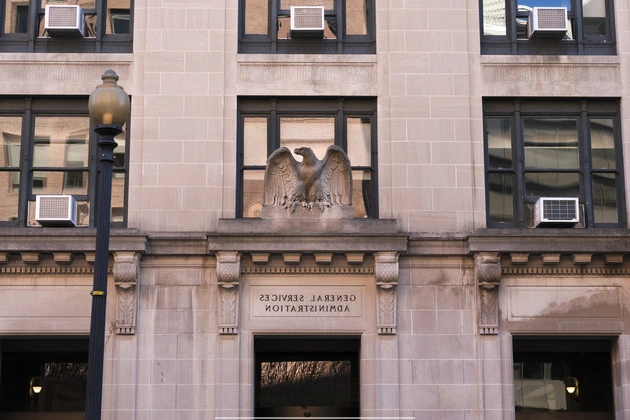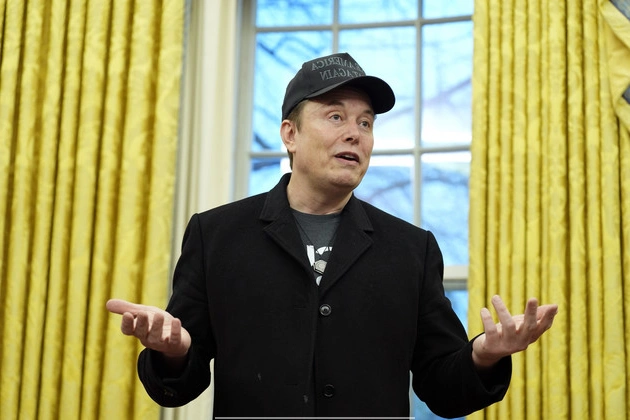
The TikTok Ban: A Turning Point in Tech Regulation
The TikTok Ban and Its Significance
The recent shutdown of TikTok, even if temporary, signifies a pivotal juncture in the realm of tech regulation. It reflects a bipartisan effort to address national security concerns associated with popular apps.
However, this incident exposes a deeper issue: the lack of effective tools available to policymakers to manage online content risks. Despite the dominance of platforms like TikTok and Facebook, regulatory efforts have often been sidelined in political debates.
Legislative Gaps and Policy Challenges
The absence of comprehensive laws became glaringly evident when it required intervention from Congress, the Biden administration, and the Supreme Court to remove a single app linked to potential risks from China. This episode underscores the exceptional nature of the legal actions taken and the questions it raises about the existing legal framework.
The focus on content moderation by lawmakers, as highlighted by tech policy expert Nu Wexler, has diverted attention from crucial issues like privacy and transparency. A more holistic approach to social media governance could have averted the TikTok crisis.
Public Perception and Regulatory Priorities
Surprisingly, public concern over regulating technology companies ranks low on the list of voter priorities. This disconnect between public sentiment and legislative action underscores the need for informed policymaking in the tech sector.
The TikTok ban has sparked debates on the impending sale of the platform and the broader implications for American tech engagement. Thought leaders like Jeremiah Johnson advocate for a reevaluation of the relationship between Washington and tech giants to ensure responsible governance.
Global Perspectives on Tech Regulation
While the U.S. struggles with tech oversight, the European Union stands out for its rigorous approach to regulating tech platforms. The EU’s investigations into data privacy and platform accountability set a precedent for proactive tech governance.
Notable voices in tech policy, including Ganesh Sitaraman, argue for a regulatory framework that treats tech platforms as essential services, akin to utilities. This paradigm shift could redefine the responsibilities of tech companies in safeguarding public interests.
Future Path of Tech Regulation
The evolving landscape of tech governance demands a delicate balance between innovation and regulation. As the Biden administration signals a more assertive stance on tech oversight, the tech industry faces a pivotal moment in defining its role in society.
The TikTok ban serves as a wake-up call for policymakers, tech leaders, and the public to engage in constructive dialogues on the future of tech regulation. Only through collaborative efforts can we navigate the complexities of the digital age and uphold the principles of accountability and transparency.















